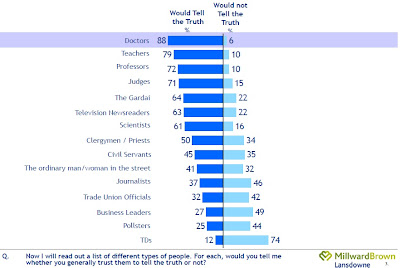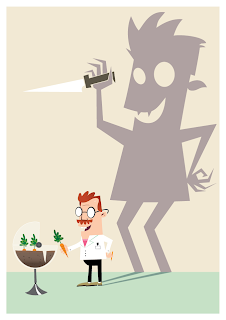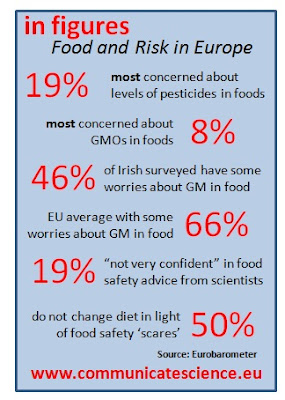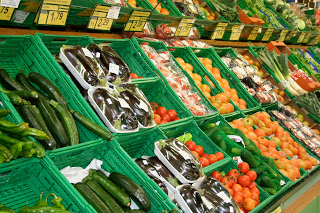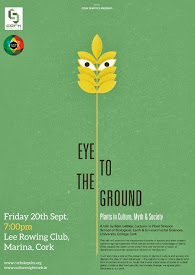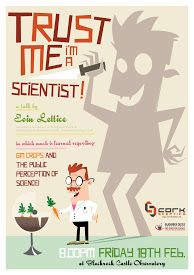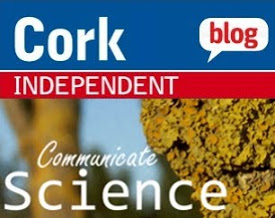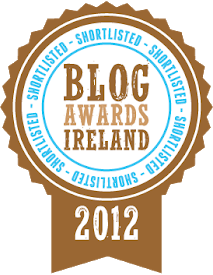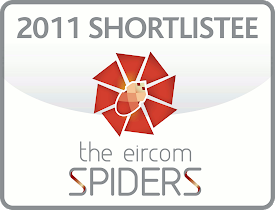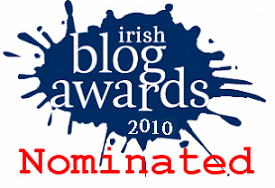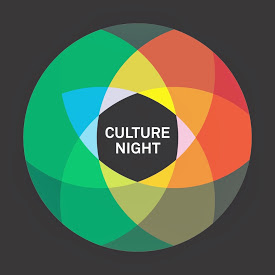Recent revelations from WikiLeaks show that the US government was deeply concerned about opposition to GM crops in Europe back in 2007. However, a recent poll suggests that just 8% of European consumers believe it is the most important food safety concern.
When respondents to the Eurobarometer
survey were asked to explain, in their own words, what possible problems or risks they associate with food and eating, there was no single, widespread concern that was cited by a majority of respondents.
The survey found that the presence of chemicals (such as pesticides, herbicides, etc.) in the food was the concern most cited (19% of respondents). Food poisoning was the second most frequently cited (12%), followed by diet-related diseases (10%), lack of freshness (9%), the presence of food additives (9%), with other issues such as the traceability of food and ‘BSE’ (‘mad cow disease’) also being mentioned.
Eight percent of the respondents throughout the 27 EU member states spontaneously (i.e. without prompting) cited GMOs (Genetically Modified Organisms) as a problem or risk associated with their food. A similar percentage of respondents “Didn’t know” of any potential risks and 9% said they could think of no problem associated with their food.
When specifically asked about genetically modified organisms, the percentage of respondents worried about GMOs in their food ranges from under half of the sample in Ireland (46%), Sweden and UK (both 48%) up to 81% in both Greece and Lithuania. Overall 66% of the total EU respondents said they were “very worried” or “fairly worried” about GMOs in their food. This ranked in fifth place when compared to 16 other possible risks that respondents were specifically asked about.
In fact, GMOs in food and drink was a topic found to fit into the “Medium Levels of Worry” list in the survey, alongside such topics as the quality and freshness of food; the welfare of farmed animals; and the risk of food poisoning.
The survey also found that European consumers are almost evenly divided over whether they believe scientific advice on food related risks is independent of commercial or political interference. The results pose interesting questions for scientists across Europe, particularly in light of the WikiLeak revelations.
Just 47% of respondents agreed that such scientific advice was “independent of commercial or political interests”. A significant minority of 41% of consumers disagreed on this point.
The survey found that consumers felt most confident about information regarding food safety that they obtained from health professionals (84% totally confident) and family and friends (82%). 73% of consumers were totally confident about such information being provided by scientists. In contrast, 19% of respondents were “not very confident” in information of this type from scientists and 4% were “not at all confident”.
The highest levels of total confidence in scientists were in the Czech Republic (87%) and Finland (86%) with the lowest levels of confidence in Germany and Slovenia (both 65%). The EU average was 73%.
While a high level of trust in scientists appears to exist across Europe on this issue of food safety, the results should be seen in light of
findings published in June (pdf)
of this year where 53% of Europeans felt that because of their knowledge, scientists “have a power that makes them dangerous”.
Consumers appear to be reluctant to rely on the media for information about food safety, with 48% of respondents citing mainstream media (TV, newspapers, etc.) as a source of information they would have confidence in, compared to “the internet” which was a trusted source of information on food safety for 41% of respondents.
Interestingly, the report shows that when consumers hear news about unsafe or unhealthy food, 25% of them worry about the problem but ultimately don’t do anything about it, by changing diet, etc. Approximately another quarter ignore the news story and do nothing about it.
The most common reaction (approx one third of respondents) was to avoid the food mentioned for a while, but then return to eating it. Just one in ten said that they permanently changed their eating habits in response to a news story.
The results of this survey indicate that, while GMOs are a concern for European consumers, they are by no means at the top of the list when it comes to concerns about food. Europeans appear to be much more worried about, what we might call ‘traditional’ food concerns like food poisoning and pesticide residues, than the presence or absence of genetically modified organisms in the food chain.
Despite some misgivings, scientists are seen by European consumers as being the third most trustworthy grouping from which to obtain food-safety information. This makes the need for scientists to communicate effectively about the issues involved in food safety all the more important.
